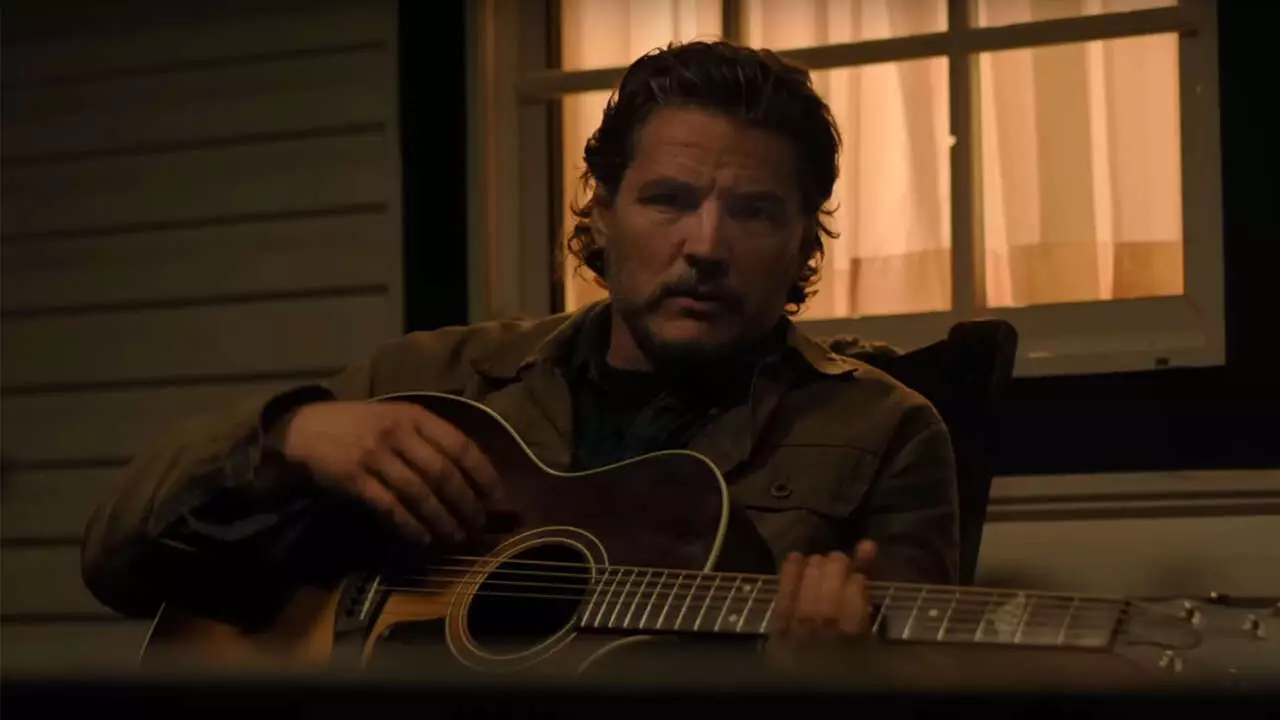In a recent revelation that has left the gaming and television communities abuzz, Neil Druckmann, the creative mind behind *The Last of Us*, expressed significant uncertainty regarding the development of *The Last of Us: Part 3*. Instead, he hinted that the HBO adaptation may serve as the concluding chapter for this beloved franchise. This announcement comes at a pivotal moment, as anticipation builds for the upcoming second season of the HBO series, which is set to delve into the narrative of *The Last of Us: Part 2*. Druckmann’s comments suggest that this potential closure may stem from both creative considerations and their respective challenges.
Druckmann articulated a desire for an unequivocal ending to the story, stating, “I have to have an ending.” This is a profound acknowledgment of the tightrope he walks as a storyteller who needs to blend narrative satisfaction with the pressures of commercial entertainment. It indicates his commitment to deliver a powerful conclusion, rather than dragging the narrative through unnecessary sequels that could dilute the original story’s impact. His insistence on clarity in the narrative arc reflects a broader trend in storytelling, where creators are increasingly focused on genuine conclusions rather than merely extending sagas for profit.
A Packed Schedule for Druckmann
Druckmann’s comments also underscore the pressure he faces. His plate is undeniably full: completing the second season, contemplating a potential season three, and juggling the ambitious project *Intergalactic: The Heretic Prophet*. The overwhelming demands of these competing interests suggest that Druckmann may prefer to focus on quality rather than quantity. The forthcoming *Intergalactic* has been projected for a lengthy development period, possibly not making its debut until 2027. This timeline raises questions about how much bandwidth Druckmann can realistically dedicate to *The Last of Us* franchise before it becomes an afterthought.
The upcoming season of *The Last of Us* is set to explore darker, more intricate themes, particularly surrounding key characters like Abby, portrayed by Kaitlyn Dever. Recent discussions regarding modifications to Abby’s introduction signal a conscious effort to enhance character depth ahead of critical viewer reception. It echoes a trend in contemporary storytelling where character development is paramount, aligning narrative arcs that resonate more deeply with audiences. Such decisions display Druckmann’s understanding of the evolving dynamics of character engagement, especially in a landscape filled with complex narratives.
Innovative Marketing Efforts
As the premiere of Season 2 approaches, innovative marketing strategies are being employed. The release of a limited-edition coffee blend infused with cordyceps mushrooms—a core element in *The Last of Us* universe—speaks volumes about the franchise’s strategic approach to fan engagement. This marketing tactic not only serves as a direct nod to the thematic elements of the show, but it also creates a unique experiential connection with the audience, merging the virtual world with tangible products. Such initiatives can forge deeper emotional ties with fans, enhancing their overall experience.
The world of *The Last of Us* is rich with thematic intricacies, encapsulating not just a post-apocalyptic narrative but also human resilience and moral complexities. Druckmann’s hints about the future might resonate as both an invitation for fans to cherish the story as it stands and a caution to embrace narratives that affirm finality, rather than indefinite extensions. In a media landscape dominated by franchises clinging onto success, Druckmann’s boldness in contemplating an ending reflects a remarkable maturity, valuing substance over spectacle.


Leave a Reply